- S.D. Eibar ready for maiden La Liga outing
- SD Eibar stengthen ahead of debut La Liga season
- Can ‘Super Mario’ live up to expectations in Madrid?
- MAN IN THE GROUND – Brentford 0 – 4 Osasuna
- Historic Basque derby welcomes S.D. Eibar to La Liga
- Munich to Madrid, via Brazil – Tony Kroos
- Rakitic in Spanish Switch
- Can Spain find redemption in Rio?
- Viva Espana! A season of redemption for Spanish football
- From the old to the new: who can fill the void in years to come for La Roja?
DEATH OF A PRESIDENT – The tragic story of Josep Sunyol
- Updated: 23 December, 2011
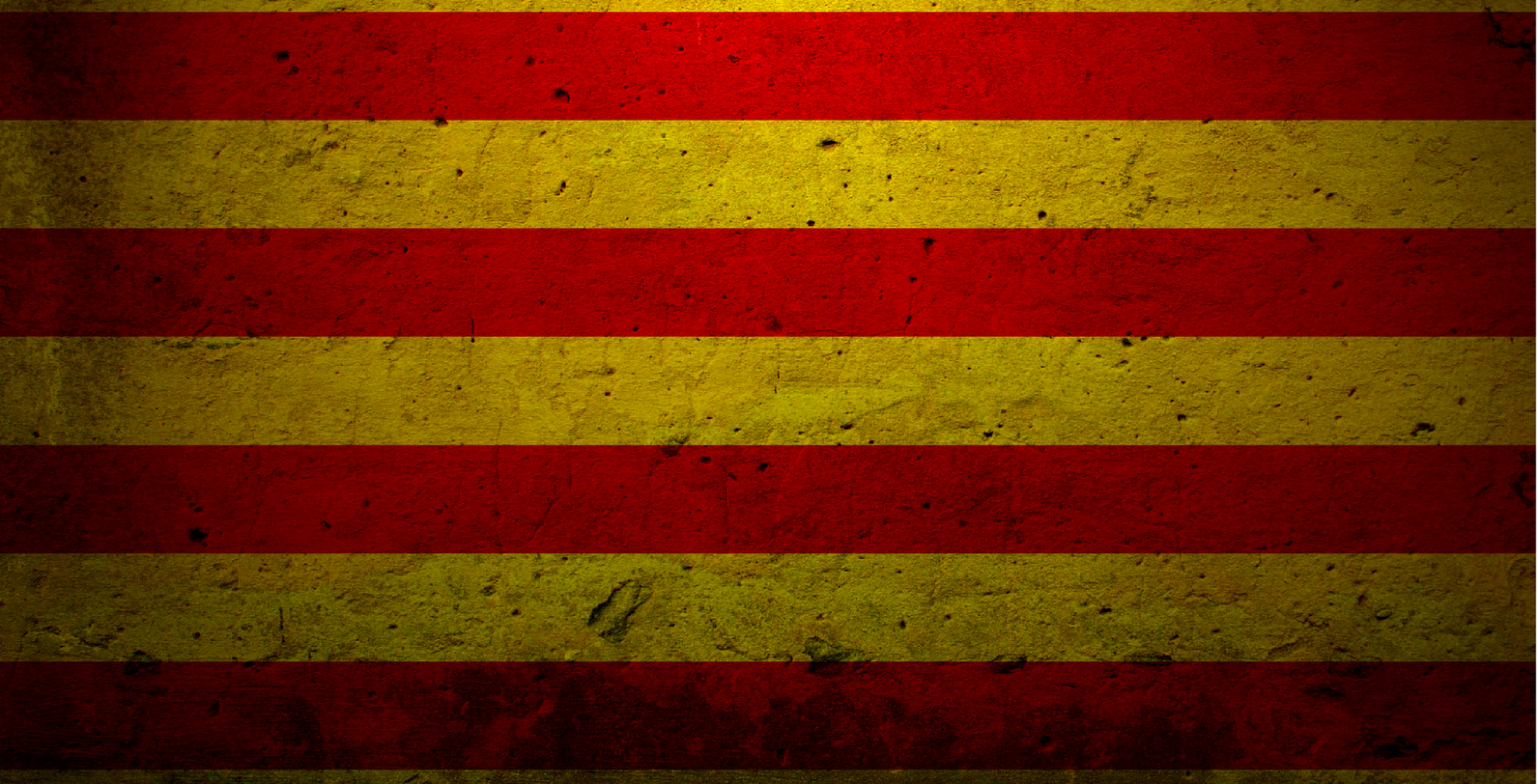
There is a wind-swept spot high up on the road out of Madrid that serves as a stark reminder to Spain’s turbulent history and the complex relationship football endures with the country’s bloody political past.
Through the town Guadarrama, and leading up to the peaks that dominate the north-western horizon of the capital, is a small monument to the 28th president of Futbol Club Barcelona, Josep Sunyol, a man murdered in the opening weeks of a civil war that tore the nation apart for almost three years.
Idealists claim of course, that sport and politics should never mix, which is indeed a noble notion, but unfortunately in Spain, and more specifically in the case of FC Barcelona this has seldom been the case.
In fact it could be argued that, for a club so intrinsically linked with the politics of Catalunya, this can never be the case.
It was certainly not the case when Josep Sunyol i Garriga chose to fill in his club membership form in the summer of 1925.
That decision itself was a significant political statement for the 27-year-old lawyer.
The dictatorship of Miguel Primo de Rivera had been in control of Spain for two years, leading to significant repression in the previous semi-autonomous regions such as Catalunya.
Any display of regional nationalism was banned by the Andalusian-born de Rivera, which included the Catalan language and flying of the senyera.
FC Barcelona’s home stadium at Les Corts soon became the focal point for many Catalans and the club attracted a large amount of poltically-minded support into it’s ranks.
A furious de Rivera even closed the ground for six months in 1924 after locals jeered throughout the Spanish national anthem prior to a game. The incident later saw the club’s founding father, Joan Gamper expelled from the country.
Sunyol, son of a wealthy Catalan militant (not uncommon in a city known for its political radicalism) family, had already been heavily involved in the left-wing Catalan nationalist group, Acció Catalana, no doubt seeing membership of FC Barcelona as a logical step forward on his political path.
By 1928, Sunyol was appointed to the role of club director and had also become a very high-profile critic of the de Rivera regime which was beginning to lose any credibility it may once have held.
Sunyol also established a left-wing newspaper called La Rambla which gave a voice to the Catalan people, many of who were tired of the previous conservative-form of nationalism the region had traditionally seen.
The publication was fairly groundbreaking for its time, giving a prominent role to football alongside the more-traditional hard news of politics.
In 1929, the dictatorship collapsed in the wake of the Wall Street crash, and the Second Spanish Republic was proclaimed in April 1931 promising a new start for Spain and those regions seeking autonomy.
Sunyol, who by this stage had become head of the Federació Catalana de Futbol, was elected deputy of the Madrid-based cortes, representing the newly formed Esquerra Republicana de Catalunya.
He combined both roles with his ongoing responsibilies at Futbol Club Barcelona.
In truth however, it was a difficult time for Sunyol. Barça were in a dire financial situation, mainly due to the US stock market crash and in June 1930, Joan Gamper had committed suicide.
The 33-year-old Sunyol also faced division within the club he had aspirations to become president of, with many opposing his political views, while at the same time being pro-Catalan themselves.
Trouble was also brewing on the streets of Barcelona itself where, despite being granted part devolution from Madrid, tension was growing turning the city into a powder keg ready to ignite.
And ignite it did, albeit briefly when Lluis Companys proclaimed a short-lived Catalan republic in 1933.
Central power was soon restored however and in 1935, Sunyol won the presidency of Futbol Club Barcelona.
Despite this, the political situation was now becoming all-consuming as the country lurched towards its impending doom, and few people had interest in football.
Crowds were low at les corts and a number of players had been released due to the club’s financial constraints; most notably fan-favourite, Pep Samitier who had joined bitter-rivals, Real Madrid in 1932.
It was under these circumstances that Sunyol began his presidency, soon consolidating left-wing support around him, something which firmly placing the club on a political course that was to have almost catastrophic circumstances over the next 40 years.
By January 1936, Spain was well on the road to civil conflict, as a Socialist/Communist coalition swept to victory in that years elections, and on 18 July the coup began.
As military rebellion flared in major cities across Spain, the people fought back.
In Barcelona, anarcho-syndicalists fought alongside loyal guardia civil to defeat nationalist rebels who had taken over the telephone exchange in the Plaça Catalunya.
After a brief but bloody battle, the city was saved.
The explosion of violence had caught many at FC Barcelona by surprise, in fact a great many of the team were outside Spain recuperating following a gruelling domestic season – the club’s Irish manager, Patrick O’Connell was in Belfast, and a number of his players were in South America.
Sunyol and the board recognised this was a critical time for the future of the club, not least because it had made not secret as to its political persuasion and Catalan nationalism.
Ironically the club also came under threat from the Anarchist workers movement, the CNT-FAI who sought to take the club for the revolutionaries who were now in control of the city.
The board acted swiftly to save Barça and announced they had now become a ‘workers committee’, something which fell in line with the spirit of the social revolution sweeping through the streets of the Catalan capital.
Continued on Page TWO
Follow @icentrocampista
Pages: 1 2
Related Posts
One Comment
You must be logged in to post a comment Login

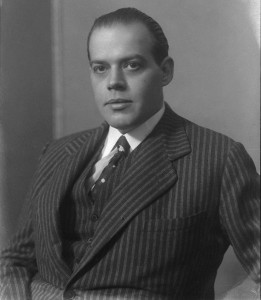
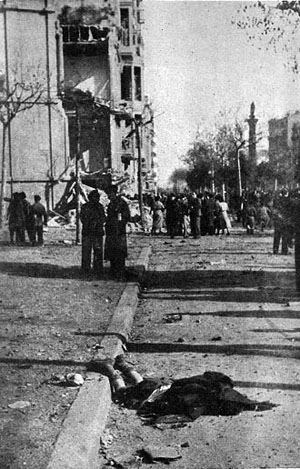
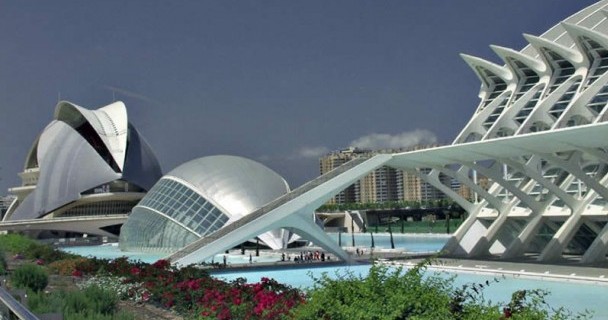
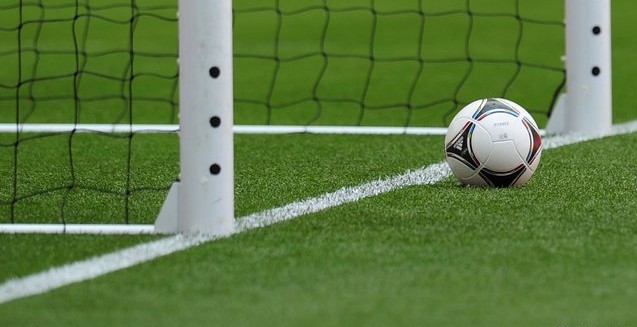


Pingback: Latest Madrid Stock Exchange News | All About Stocks And Shares